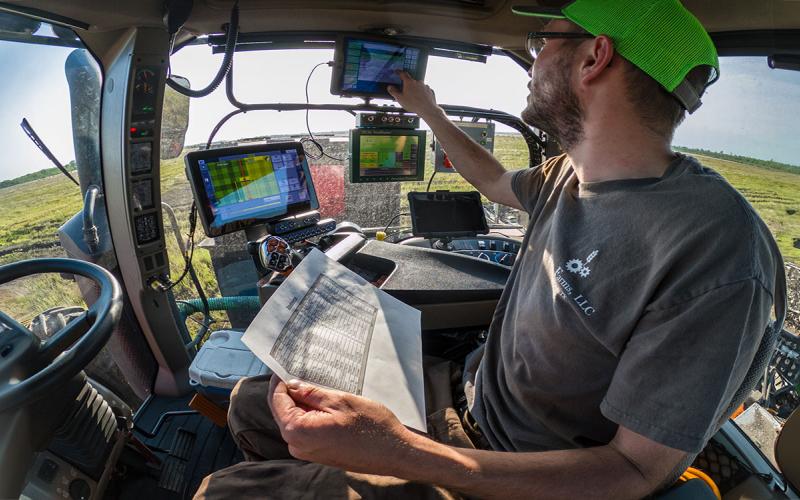
COVID-19 infection and mortality rates fill the news programs. Across South Dakota and the nation, people are have made changes to their lifestyle and the way they accomplish many everyday activities.
In response to this illness and the potential for long-term hospitalization and even death, individuals over 18 should also ensure their end of life documents are up-to-date.
End of life documents indicate medical treatments we may or may not want, funeral arrangements we have made and how our estate is to be managed and distributed upon our death.
Advanced Care Directives
Advanced care directives are documents used to provide direction for your family and healthcare team about medical decisions if you are unable to communicate. The living will and medical power of attorney are two legal documents available to ensure the wishes of the individual are met.
Living Will
In a living will, the individual writes out their wishes for medical treatments and is used to communicate those wishes to health care providers when you are otherwise unable to. The living will is also referred to as a medical or health care directive or declarations. The living will includes decisions about life support and artificial nutrition and hydration in extreme circumstances.
Medical Power of Attorney
A medical power of attorney designates someone else to make medical decisions for you if you are unable to communicate them to medical staff. When naming this person, conversations about your expectations should be had. The medical power of attorney is also referred to as a Durable Power of Attorney for Healthcare or health care proxy.
Together these two documents can ensure your health care needs and wishes are known and part of your treatment plan.
Funeral Plan
Funeral Planning is perceived in many ways. Regardless, if you have a full plan made, including songs to play and a plot purchased or the planning will be left up to your heirs, communicating what you have done will be easier on your family and friends during their time of grieving. Many funeral homes have fillable books available to aid in the planning process. The main items to consider and communicate include:
- If you purchased a burial plot, where is it?
- Are you open to cremation?
- If you purchased a grave marker, where is it?
- Have you selected and paid for a casket, with which funeral home?
- Do you have a list of people you want to be pallbearers, who are they?
- Do you have a list of hymns, scriptures, poems, etc. you prefer, what are they?
- Do you an organization you prefer memorials are sent to, who is it?
Keep in mind funeral costs can be high, depending on the choices made for caskets, plots, flowers, etc. Ensuring your preferences are known or prepaying some of the expenses yourself will help prevent overspending by family during their time of grieving.
Wills
The will is a written document that distributes your property (assets) after your death. The will is a blueprint that explains what is to be transferred, how it will be transferred, and at times what can be done with the asset.
Wills can also be used to designate guardians for minor children or others that depend on you for support. This designation allows for asset management and distribution of funds for their care and well-being. Key components of the will need to be kept in mind.
- The will is opened and read after death and many times after the funeral. Do NOT include items related to end of life care or the funeral in the will.
- The will does not take precedent over contracts or titles. Contracts include beneficiaries listed in life insurance policies, retirement account documents, or other types of legal documents. Titles can consist of car titles, land titles, or names on checking accounts. The will is the final method of property distribution used.
If you have a will, review it. Also, consider the distribution listed in any other contracts or titles to ensure they match your intentions and desires.
If you do not have a will, create one. Dying intestate (without a will) takes all the control of asset distribution away from you and places it in the hands of a probate judge.
All individuals, 18 years and older, should have all of these documents. An attorney can create these personalized documents. If a large or complicated estate is involved, working with an attorney that specializes in estate planning is suggested. The cost of creating the documents depends on the complexity of the property owned and the method of distribution.
End of life planning is an important management component for all individuals. Proper planning can prevent the property from being distributed to unintended individuals, as well as family discord and fear due to not knowing the wishes and intentions of family members.
The information provided in this article is not provided, nor is it intended to be legal advice. Consult an attorney with specific questions regarding the drafting and utilization of these documents.


